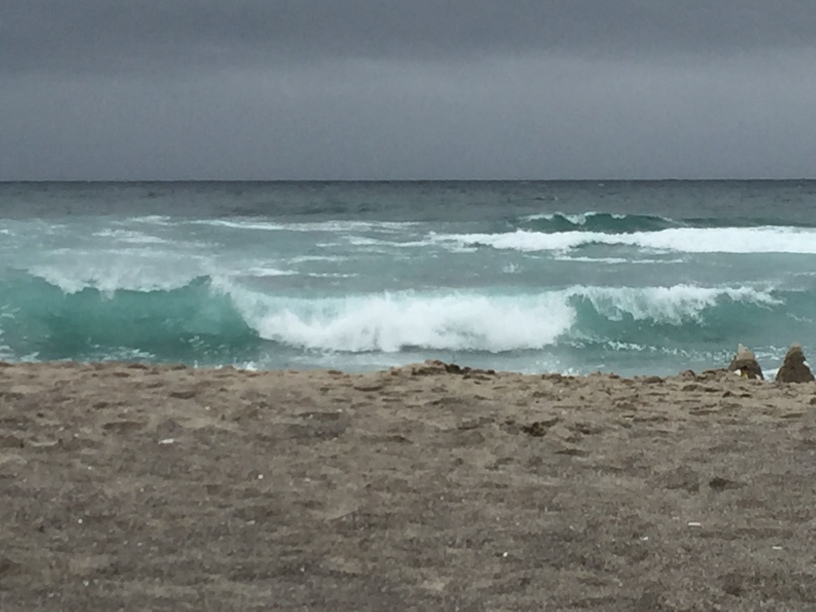Definition
Noun
- A seagoing renegade or robber.
Origin
15th century. Originally from the Greek, peirates, meaning to attack and then via French.
Comments
The history of piracy is long and something I’m not terribly familiar with. However, pirates have long been a problem on the seas since time immemorial. Even with the formation of modern navies and coast guards, pirates still operate in certain areas.
Note that piracy involves seizing (or attempting to seize) goods or a vessel from those who are “lawfully” entitled to control it. This is distinct from other lawful forms of seizing a ship, such as via blockade or boarding a vessel to inspect for contraband. Without the guidance of international laws, such acts would constitute piracy.
For example, the Coast Guard has the authority to board a vessel, seize any contraband it finds (such as smuggled drugs), and arrest the captain. Such an act would not be piracy…regardless of however much the skipper cries “boo hoo!”
References
Kemp, P. (1994). The Oxford Companion to Ships and the Sea. Oxford University Press.
Rogers, J.G. (1985). Origins of Sea Terms. Mystic Seaport.
